Wealth preservation is essential for many individuals but warrants a specific focus for those nearing retirement. Understanding the complexities of wealth preservation is crucial, particularly for pre-retirees. Today’s pre-retirees may need a more detailed retirement plan, whether due to inheritance, accomplishment in the corporate world, or entrepreneurial fulfillment.
Regardless of how one acquires wealth, it’s essential to understand that planning for retirement is unique to each individual. Here, we’ve compiled a checklist to help you prepare as you plan for retirement.
- Financial Education. Knowledge is power, so individuals must fundamentally understand financial concepts and practices. By understanding how to manage their money, they can confidently make informed decisions regarding their wealth.
- Diversified investment portfolio. It is critical to reduce risk by diversifying uncorrelated investments in one’s portfolio. A diversified investment portfolio strategy helps preserve wealth by spreading investments across various assets, reducing exposure to a single asset’s poor performance.
- Estate planning. Those nearing retirement must establish an estate plan to help preserve their financial independence and that of their loved ones. Estate planning may include drafting a will, setting up trusts, and naming beneficiaries for accounts and properties.
In addition to the above estate planning documents, a power of attorney document, health care directive, financial power of attorney, and other essential documents may be relevant depending on individual circumstances.
- Succession planning. Implementing a succession plan ensures a smooth business transition upon retirement, disability, or death for business owners. Additionally, implementing tax-efficient strategies can help manage any potential estate tax burden from the succession plan, helping to preserve wealth for future generations.
- Philanthropy. Many are committed to giving back, and philanthropy is a preservation strategy to incorporate into one’s estate plans. Structured giving through a donor-advised fund or a private foundation can provide substantial tax benefits and may help ensure their legacy.
- Insurance planning. Insurance planning is vital because it addresses mitigating risk from financial loss while protecting assets, personal health, and wellness. Annuities and long-term care insurance may be effective strategies for generating lifetime income, helping manage potential healthcare costs in retirement, and protecting assets.
- Working with professionals. Individuals must work with financial, legal, and tax professionals who understand their situation and financial goals. These professionals should be well-versed in the strategies discussed above and capable of providing tailored recommendations that reflect their client’s circumstances and objectives.
In conclusion, with financial education and a holistic wealth preservation strategy that covers investments, estate, and planning for their retirement, pre-retirees can comprehensively navigate their financial independence. In addition, they must surround themselves with knowledgeable professionals who can guide them in making suitable financial decisions for their situation, helping to preserve their wealth.










